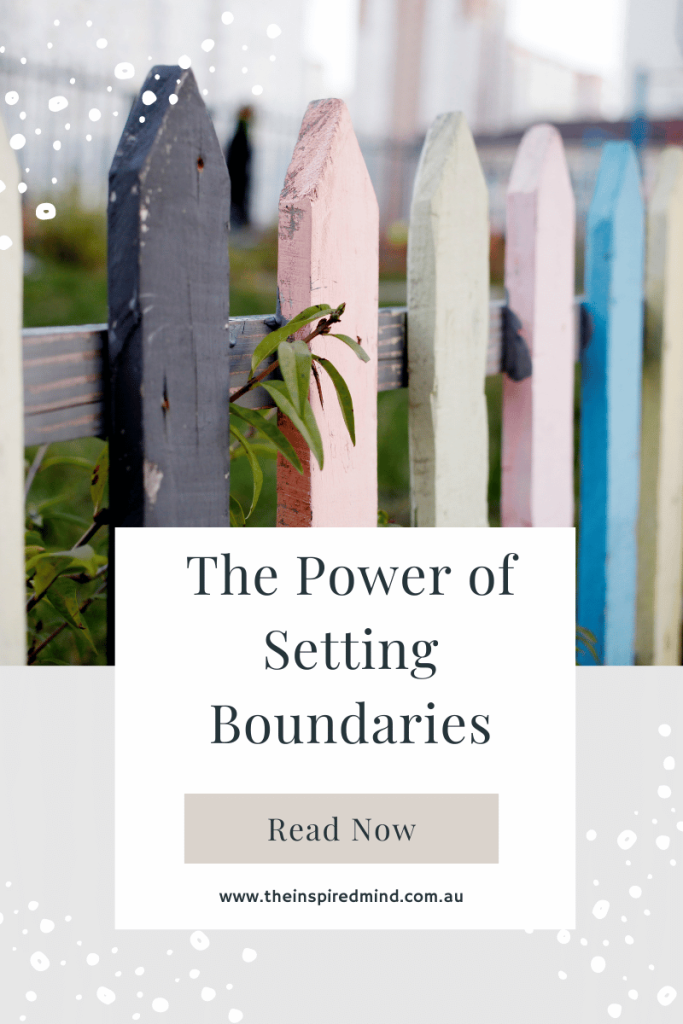Do you find yourself constantly worrying? Do you beat yourself up about something you’ve said to someone and worry you’ve somehow offended them? Are you always focussing on what you’ve done wrong, should have done better or never ‘get right’? Do you spend hours reading and re-reading texts, wondering what their ‘true’ meaning is?
If you’ve answered yes to any of these questions then you’ve experienced the pain of rumination. Rumination or over-thinking is a compulsive need to worry about the causes or consequences of a problem. The trouble with ruminating is it affects our ability to problem solve. We get stuck in a spiral of negativity and it can become really difficult to get out of.

Some of us may think ruminating means we care about things, like relationships, study or work. Many of us believe we need that inner-critic to motivate us, to give us that discipline to succeed. But ruminating amplifies the stress we may already be feeling and can make the problem feel bigger than it really is. It undermines your confidence, attacks your motivation and inhibits your ability to take risks and succeed.
It also makes us unhappy which can lead to anxiety and depression.
When we ruminate, we ignore our positive memories, like the time you did well on a test at school, got that promotion or pay rise or when someone you cared about gave you a complement or told you they loved you. Instead, our head gets filled with negative thoughts and the worse case scenario seems like the most likely outcome.
What can you do if ruminating is taking over your thoughts
First, notice what’s happening. Developing that self-awareness to notice when you are ruminating is crucial to changing the habit.
Next imagine a big red stop sign that tells you to STOP when your mind starts ruminating.
Next, focus on your breathing. Take a breath in for 4 seconds then out for 4 seconds. Aim to do this 4 times. This can help activate your parasympathetic nervous system, which will help you feel calmer.
Be kind to yourself. Try saying something to yourself like, ‘I know you’re feeling worried right now, but let’s try thinking about it from another perspective.’



Ask yourself ‘what evidence is there for this worry?’ Remember, speculation is not evidence, what you feel is true is not fact! When you fact check your worries you may find they are based on your fears and not on reality.
And lastly, start problem solving. What can you do to help? Could you allocate some study time for that test? Ask a friend if you’ve hurt their feelings, come up with a solution to that work problem?
And if you find you really can’t stop ruminating, try allocating 30 minutes a day and then STOP and commit to doing something else.
For parents, be mindful of the types of conversations you have with your kids.
Helpful questions to ask yourself could be:
- Am I spending a lot of time talking about their problems with them?
- Do we spend time dwelling on how bad they feel about their problems?
- Am I spending time trying to figure out all the bad things that might happen because of the problem?
- Am I doing this more than other activities together?
So what can you do instead?
Offering an empathic, action driven response can be helpful.
You could try something like, ‘I know you’re upset and I would be too but at some point, we need to move forward and figure out our next move. Let’s do it together.’
Ruminating is like anything. If you practice it enough, it becomes automatic. Learning to stop isn’t as easy and just changing your thoughts. But if you can start noticing when it’s happening, practicing your breathing, be kind to yourself and look for a solution, you can begin to replace rumination with self-kindness. It will change your life.

Kirrilly Falivene of The Inspired Mind focusses on
helping people overcome People Pleasing so they can
thrive & be their best version of themselves


